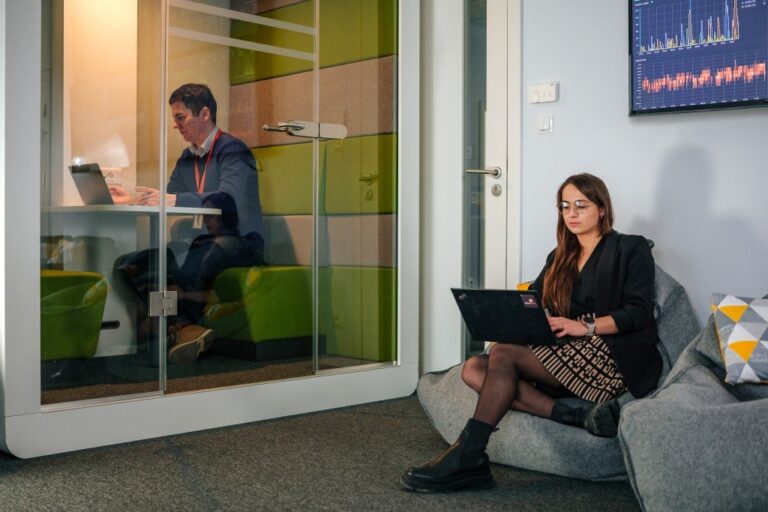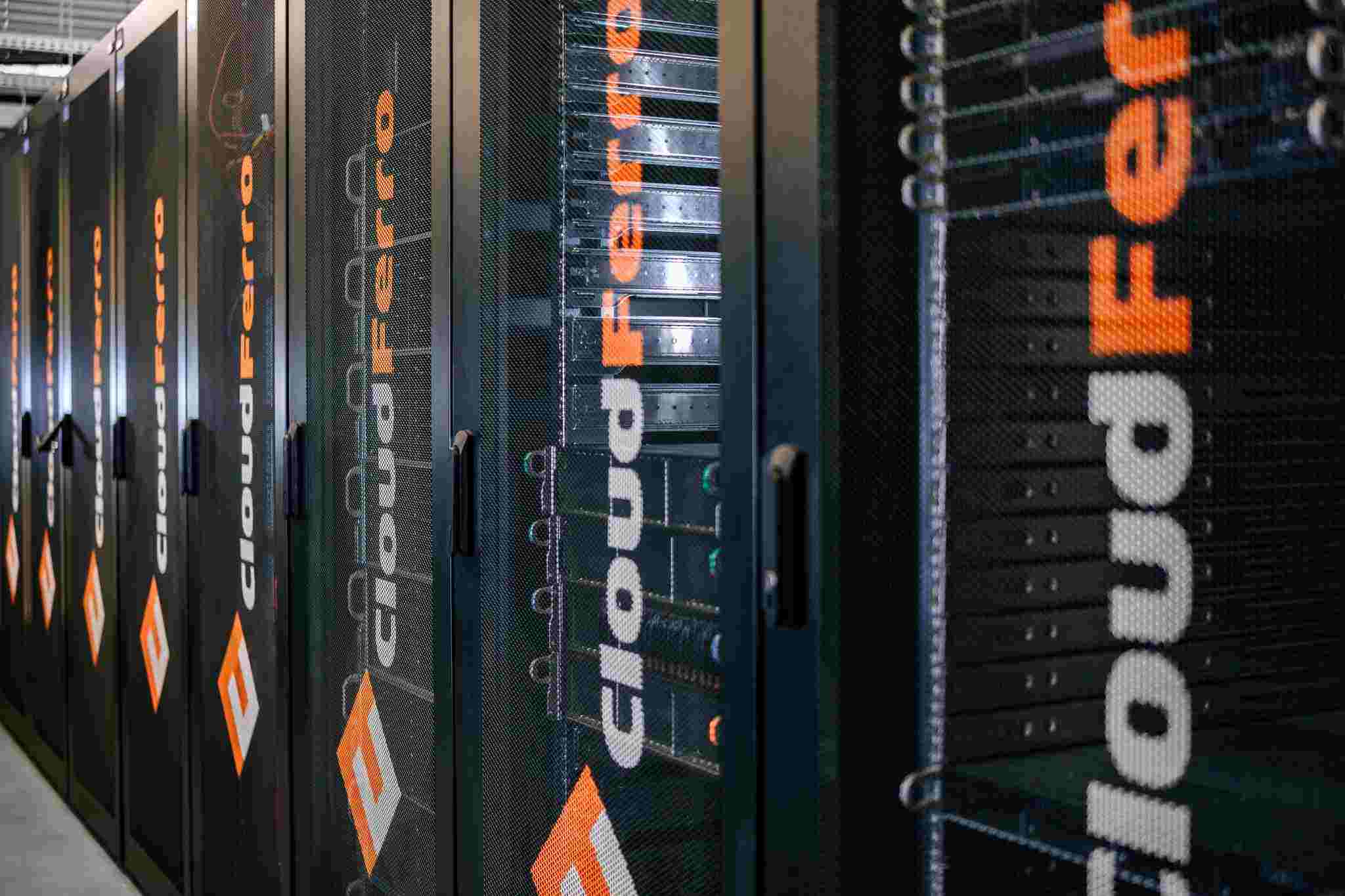Join the team building Europe’s data cloud
Are you looking for a place where your work truly matters? At CloudFerro, we build and operate cloud computing platforms that support Europe’s space industry, scientists and climate researchers. Thanks to our infrastructure, it is possible to store and analyse petabytes of Earth observation data.
It has extensive experience in storing and processing large data sets, including multi-petabyte Earth observation satellite data repositories. CloudFerro solutions are used by leading companies and scientific institutions in Europe from various market sectors that process large data sets: European Space Agency (ESA), EUMETSAT, European Center for Medium-Range Forecasts (ECMWF), Mercator Ocean International, German Aerospace Agency (DLR), EGI and many others.
CloudFerro is:
- international projects and modern technologies, with a collaborative and open atmosphere,
- a real impact on the development of Europe’s digital infrastructure,
- a team of experts who are keen to share their knowledge.
Due to our dynamic development, we are seeking talented individuals to join our team as a:
Software Engineer in Cloud Team
As part of our Cloud Team, you will:
- design and develop an end-user monitoring framework
- enhance systems responsible for provisioning and IAM event processing
- participate in advanced R&D initiatives covering areas such as: efficient workload scheduling, NVMe-oF utilization, SPDK/DPDK, GPU clustering, high-availability, multi-tenant distributed file systems, Software Defined Networking (SDN), Software Defined Data Centers (SDDC), multi-dimensional cloud scalability
- implement new features and continuously improve the codebase through refactoring and expanded test coverage
How we work:
- automation is a core principle in everything we build
- we follow engineering best practices including Code Reviews, CI/CD, and automated testing
- our primary environment is Linux
- we work in Scrum/Agile teams
- we use tools such as Git, Confluence, and Jira
- technology stack: Linux, OpenStack, Python 3.8+, SQLAlchemy, Django, PostgreSQL, Redis, RabbitMQ, MySQL, Docker, OpenSearch, GitLab (including CI/CD), Argo CD, Keycloak, HAProxy, Envoy
- our monitoring ecosystem includes Prometheus, ELK, Thanos, Opsgenie, and Grafana
We are seeking engineers who:
- have at least 3 years of professional software development experience
- hold (or are pursuing) a degree in Computer Science or a related field
- write clean, maintainable, and efficient Python code
- have experience with multi-threaded and multi-process applications
- have worked with microservices architectures and asynchronous communication (RPC, message queues)
- possess solid foundations in algorithms and data structures
- are comfortable working with SQL and Linux
- follow TDD principles and write reliable unit tests
- are committed to continuous learning and professional growth
- communicate fluently in English
An additional advantage will be:
- experience with Java and Keycloak
- experience with Golang and Envoy
- knowledge of C++
- hands-on experience with OpenStack
- experience with SPDK/DPDK development
- contributions to OpenStack or kolla-ansible
- kubernetes experience
What do we offer:
- the opportunity to contribute to projects supporting Europe’s space sector, climate research, and scientific institutions
- a culture of openness, shared problem-solving, and continuous learning
- a high level of autonomy and ownership in your work
- flexible working hours and hybrid or fully remote work options
- collaboration with top-tier engineers and industry experts
- competitive compensation based on stable employment models
- a comprehensive benefits package including private healthcare, sports membership, life insurance, and language courses
Want to know more?
Feel free to contact our recruitment team:


Meet your team











